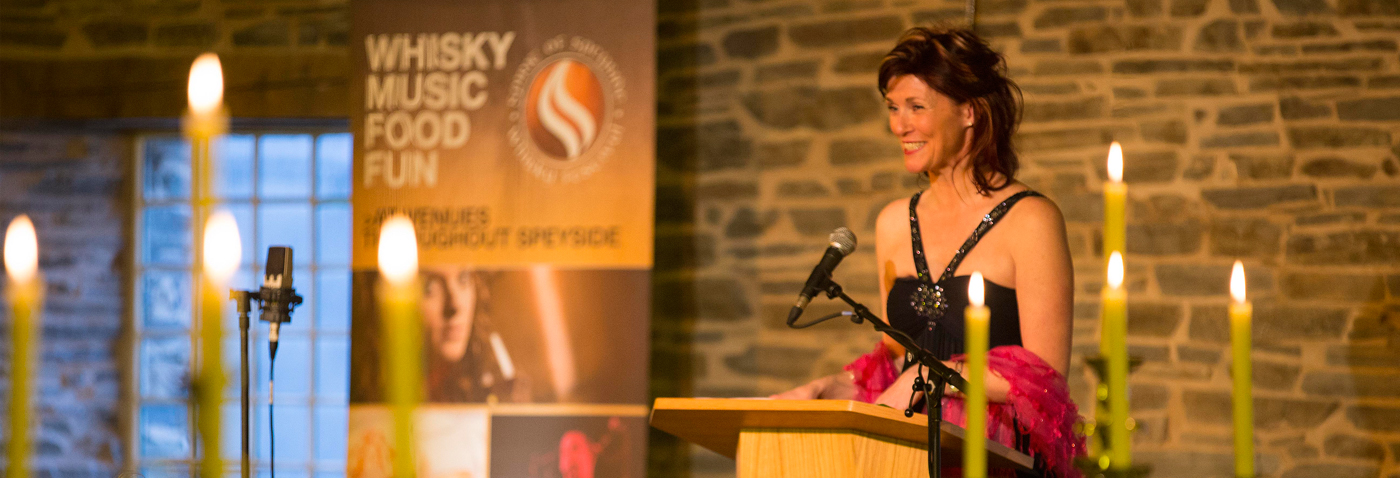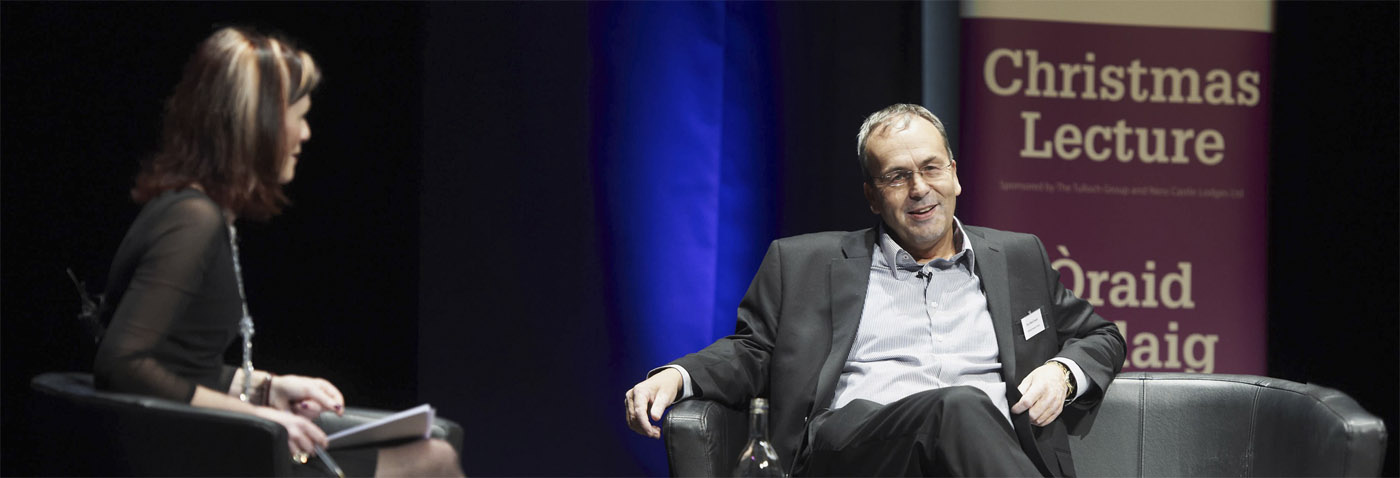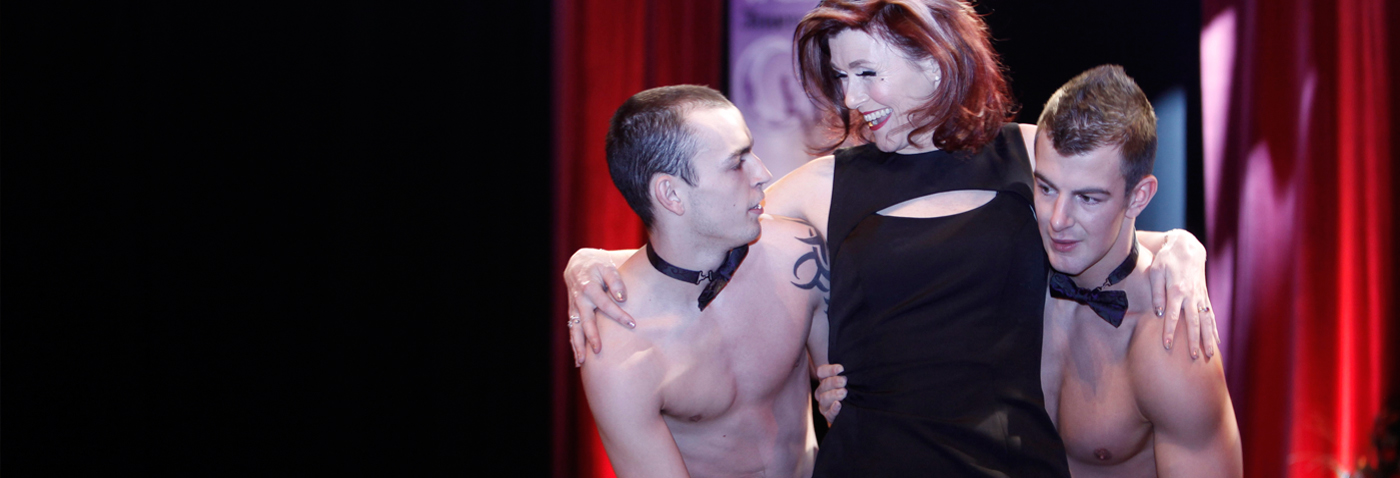There’s nothing like an audiobook to get a story, a concept, or an idea into my head. I’ve been a reader since before I can remember (the heat of the lightbulb in my bedside lamp used to betray my nocturnal reading as a kid) but in the last couple of years I’ve enjoyed audiobooks too.
Audiobooks help long solo journeys fly by. They make short shrift of hours spent gardening or cleaning the house. Instead of ‘just’ reading, I can be getting stuff done at the same time. So, while I’m prosaically kneeling in front of the loo with bleach and rubber gloves, my imagination will have me firmly in 1960s Carolina marsh land (Where the Crawdads Sing), on an island in the Hawkesbury River, New South Wales (The Last Anniversary) or at the bird observatory on Fair Isle (Lightening Blue).
Back to basics in Dingle
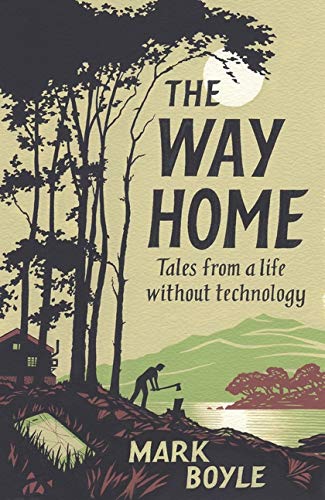 During my most recent listen I’ve been getting back to nature near Dingle on the most western tip of Europe, in the company of Mark Bolye, and his ‘Tales from a Life without Technology’ in ‘The Way Home’. It’s not my usual listen, as it’s a volume of combined memoir, ecology economics and history. But mostly it’s an engaging wake-up call about the ways in which we work against nature, rather than with it, to achieve our modern, technology-obsessed lifestyles.
During my most recent listen I’ve been getting back to nature near Dingle on the most western tip of Europe, in the company of Mark Bolye, and his ‘Tales from a Life without Technology’ in ‘The Way Home’. It’s not my usual listen, as it’s a volume of combined memoir, ecology economics and history. But mostly it’s an engaging wake-up call about the ways in which we work against nature, rather than with it, to achieve our modern, technology-obsessed lifestyles.
It’s not a perfect book (is any?) – he was really quite sanctimonious and annoying at times. But it was a thought-provoking listen, with passages I returned to more than once. And I’m wondering to what extent the eight hours in its company might – and probably should – impact my life.
I’d need to hone my gardening skills
To be honest, I have no desire to follow in Boyle’s footsteps and give away all my possessions to set myself up in a primitive eco-dwelling in the woods, living off the food I can grow, forage, or kill. I’d need to improve my gardening skills for a start. I’m proud of the salads, herbs, garlic, and beans I’ve grown this summer, but they’d hardly keep me alive for 24 hours.
I won’t be dragging a deer carcass home from the side of the road to butcher it for meat and make clothes from its hide. Nor will I be lighting a fire to heat bath water using wood I’ve collected from the woods, or fertilising my veggie patch with the spoils of an outdoor composting toilet. And while I like the idea of making beeswax candles to illuminate the long, dark winter evenings, I wouldn’t like those candles to be the only light by which to write my memoirs. Writing would be with pencil and paper, because I’d have rejected all machinery, even a mechanical typewriter.
Things I’m not giving up… (and it’s a long, long list)
I’m not going to give up my centrally heated house with hot running water, internet, access to shops and supermarkets, and – crucially – I’m not giving up my motorhome. I see the conflict there – the thing that brings me closest to nature uses a huge great diesel engine just to move off my driveway.
I’m not going to give up my laptop or phone either (or the Bluetooth headphones that I listened to Boyle’s book on), or the vacuum cleaner, dishwasher, washing machine, and cooker I was using when I listened to his tales of walking a 28km round trip to the post office, cycling miles to the loch to fish for pike and hand-pressing windfall apples for cider.
But what I might do, is think about how, in just the last century, we have lost many of our connections with the land. With the comfort and convenience of flicking a switch to boil the kettle or turning on a tap to get instant hot water, we have lost sight of the resources that are needed to get that power into our homes. When we’re offered another phone upgrade, as I was this month, we look at the cost to our wallets and the data bundles offered, rather than considering the cost human of mining the natural minerals that are needed for their manufacture.
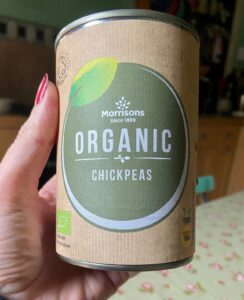 Where’s does honesty lie?
Where’s does honesty lie?
What’s more honest, and better for our planet; eating local venison, a wild, organic meat, shot cleanly by a skilled gamekeeper and served with local, seasonal vegetables, or buying imported organic chickpeas from the Middle East to make hummus?
“The UN classes the internet as a basic human need,” Boyle writes, “at a time when the most basic human right of all, to build a simple shelter where you can feed yourself and your family, seems to be drifting further out of reach”. It’s serious food for thought.

